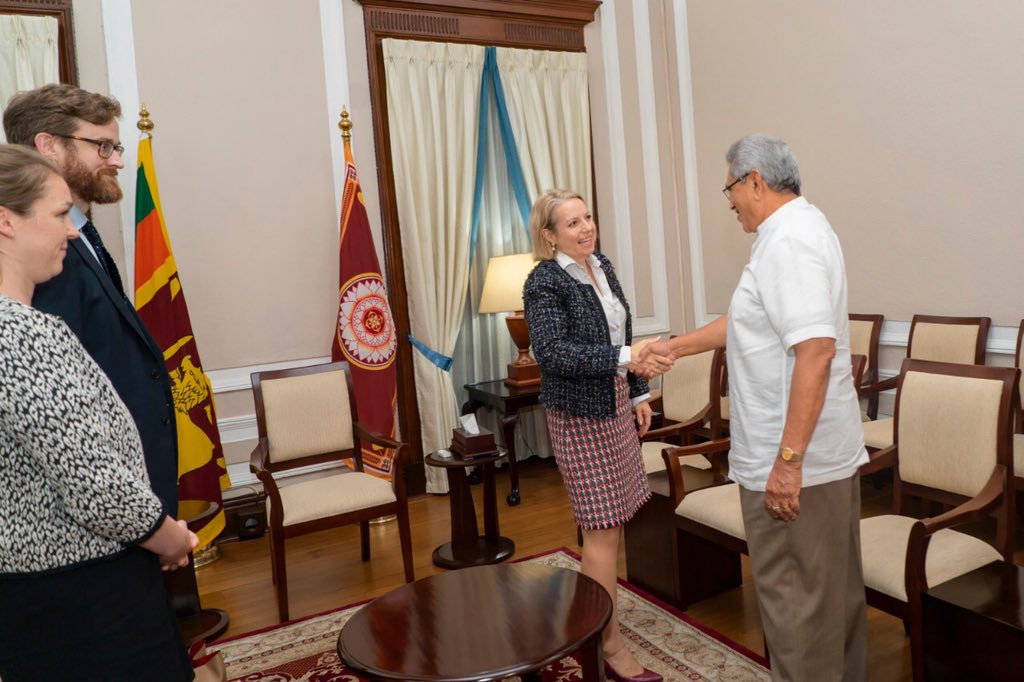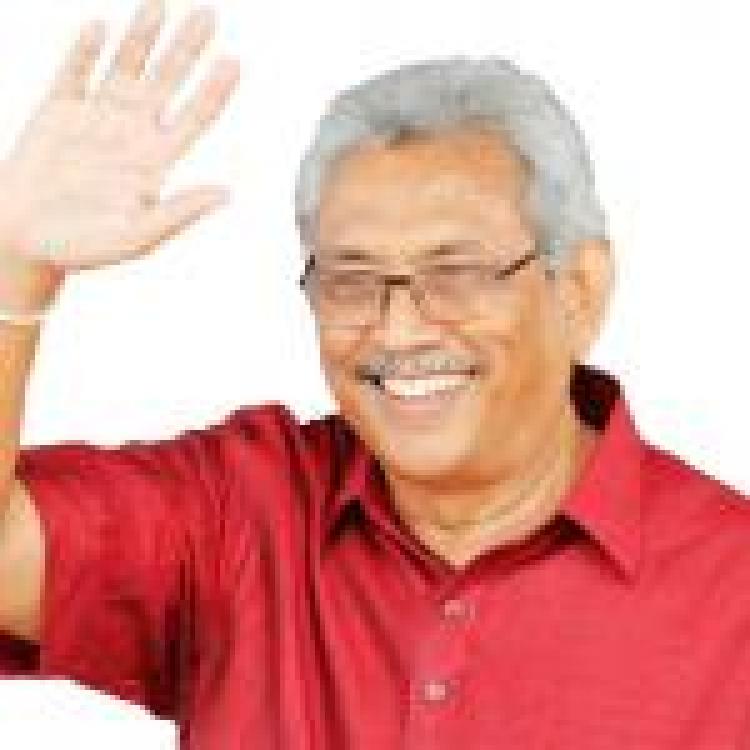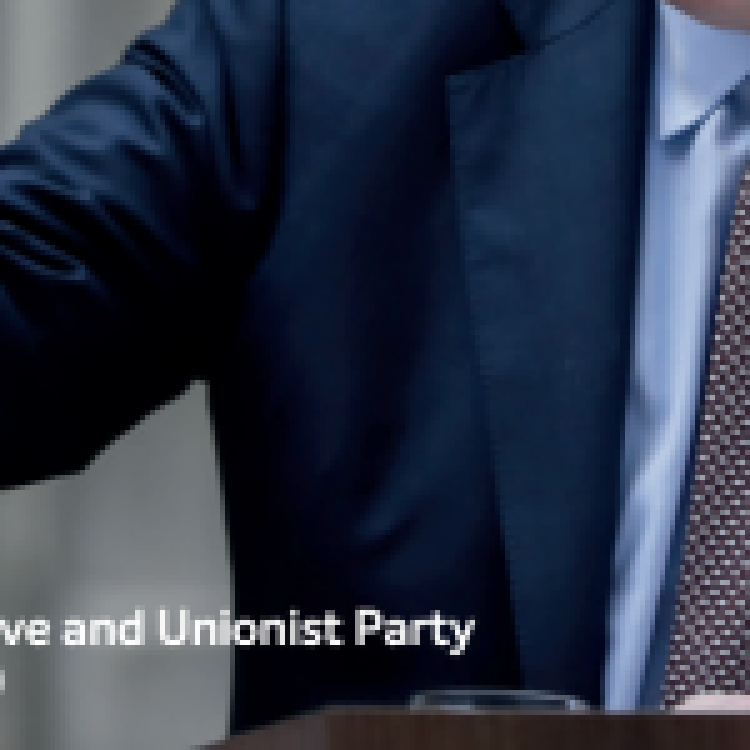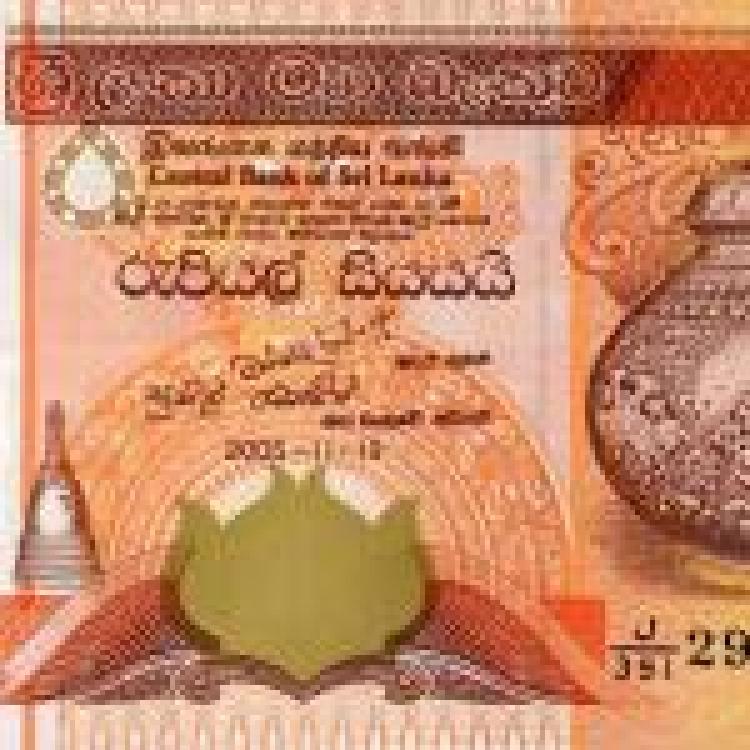
The British High Commissioner to Sri Lanka, Sarah Hulton OBE and the Deputy Commissioner Tom Burn yesterday met Gotabaya Rajapaksa despite concerns over his human rights record.
Rajapaksa tweeted that the visit was to “convey good wishes on behalf of the British Government” for his election victory.
In the past, Rajapaksa's record of human rights violations has left British officials wary of engagement. Recounting his visit to Sri Lanka, former UK Prime Minister, David Cameron described how he had refused to shake Gotabaya’s hand when he met the Rajapaksa brothers in a “showdown” in Colombo 2013.
Read more here: Former British PM refused to shake Gotabaya’s hand in Colombo ‘showdown’
More recently, Labour Party’s Shadow Chancellor, John McDonnell had argued that the British High Commission must monitor the human rights situation in Sri Lanka as the newly elected President, Gotabaya Rajapaksa, has a record which “presents us with real concerns and fears for the future.” The 2019 Conservative Party election manifesto also echoed similar sentiment with the continued backing for “international initiatives” for reconciliation, stability and justice “across the world” and in “former and current conflict zones”, singling out the situations of divided states in Cyprus, Sri Lanka and the Middle East.



